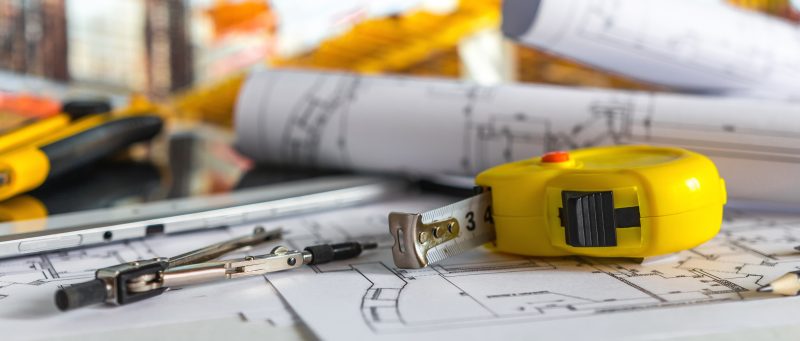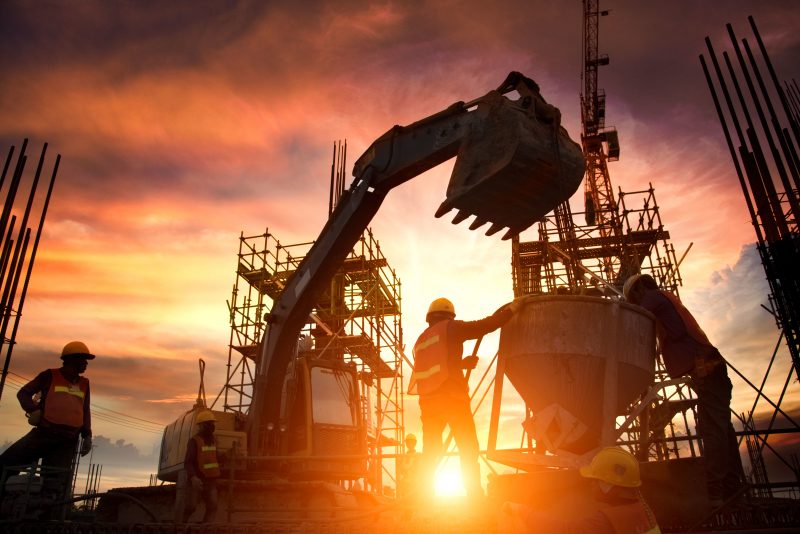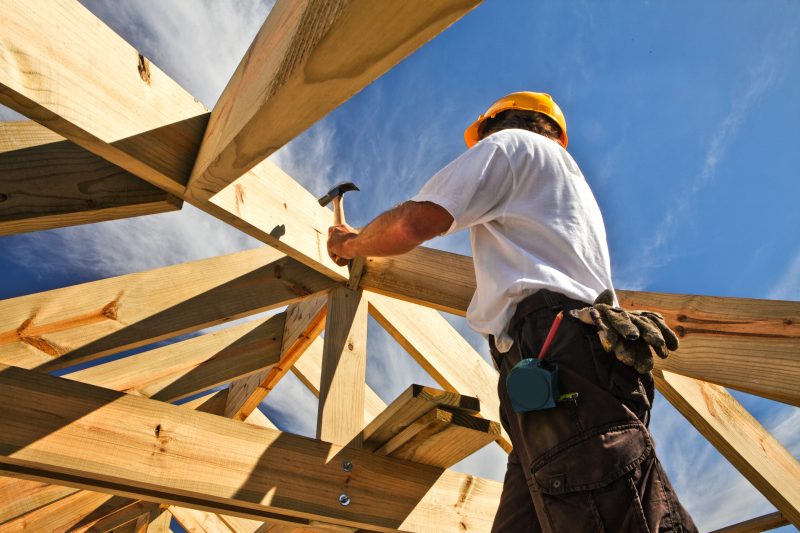As we all become more and more aware of the environmental impact that modern life has on the planet we live on, calls for action are growing ever loud
As we all become more and more aware of the environmental impact that modern life has on the planet we live on, calls for action are growing ever louder, from activists and environmental organisations, the scientific community, and the general public. From agriculture and aviation to petrochemicals and plastics, no sector is without blame for the current environmental crisis that we appear to be in, and it’s perhaps inevitable that the construction industry should also find itself under increasing scrutiny when it comes to sustainability and progressive practices.
Setting goals and guidelines for sustainability within the construction sector is nothing new, as demonstrated by the publication, way back in 2000, of Building a Better Quality of Life: a Strategy for More Sustainable Construction, by the UK government. In that document, key goals were set out around minimising waste, minimising the use of energy and water resources, efficient construction methods, reuse of buildings wherever possible, preventing pollution, and respecting both people and the environment. Over time, developments such as the Code for Sustainable Homes, and more recently, the Home Quality Mark (HQM), have pushed forward on this theme, setting out detailed guidelines for building sustainable homes that really work, both for the people that live in them and the communities where they are built.
Whilst there have been some notable successes such as the HQM initiative, the fact remains that the construction sector still faces many challenges as it attempts to improve its sustainability record, whether that is in residential or commercial construction, or in national or international infrastructure projects.

Difficult issues for the construction sector
The disjointed nature of most building projects. In a typical construction project, there can be many different stakeholders, suppliers and technical experts working together, so it can be hard to ensure continuity and a shared mindset when it comes to sustainability. Priorities can vary between organisations, and one party’s commitment to the environment and to sustainable practice may not be shared by others on the project. Revisions to the Eurocodes standards for construction are currently taking place, and are scheduled for implementation within the next 3-4 years. It is hoped that these will go some way to bringing the construction sector closer together when it comes to the environment and to sustainable methodologies and practices in general.
Environmental issues
Historically, one of the biggest environmental issues facing the construction industry was that of concrete. Quarrying for raw materials requires huge amounts of energy and water, and risks pollution and environmental damage. Concrete production is also responsible for significant carbon emissions, potentially contributing to long-term climate change. This is one area, however, where developments are making big changes in the industry, with exciting new products becoming available that slash that carbon footprint. London’s Walkie Talkie building, for example, was built to exacting sustainability standards, achieving an ‘excellent’ BREEAM rating, and one of the most revolutionary aspects of the build was the use of a bespoke, low-carbon concrete.
It is hoped that low-carbon concrete mixes like this will be used in more and more construction projects going forwards. Suppliers of associated products are also looking to make a contribution in the drive towards a more sustainable future, with products such as the Ledamax Wall Formwork System just one example of an efficient and effective construction solution coming to market in recent years.

Waste issues
Whilst building materials themselves may need to change in future to more sustainable and environmentally-friendly alternatives, another big challenge facing the construction sector is that of waste. The contribution made by environmentally-friendly bricks, concrete or insulation materials, for example, is undermined whenever those products are wasted at the construction site. Poor planning and estimating can lead to incorrect procurement of materials, and poor handling and site management can result in damaged or compromised materials, which then have to be replaced. The issue of waste in the construction industry was one of the key factors behind the launch of the UK Green Building Council (UKGBC), back in 2007. Through networking, education and awareness projects, and lobbying activities, the UKGBC aims to unite the construction industry on the issues of sustainability and environmentally-friendly best practices, including the minimising of construction waste.
Environmental concerns are big news in both the mainstream news and the construction press, and rightly so. Almost on a daily basis, attention swerves from agriculture to construction and on to the next sector, and then comes full circle again. Regardless of the current media focus, as an industry, construction needs to continue to build on those firm foundations laid down by the UK government almost 20 years ago, and to lead the way towards a truly sustainable future for us all.




COMMENTS